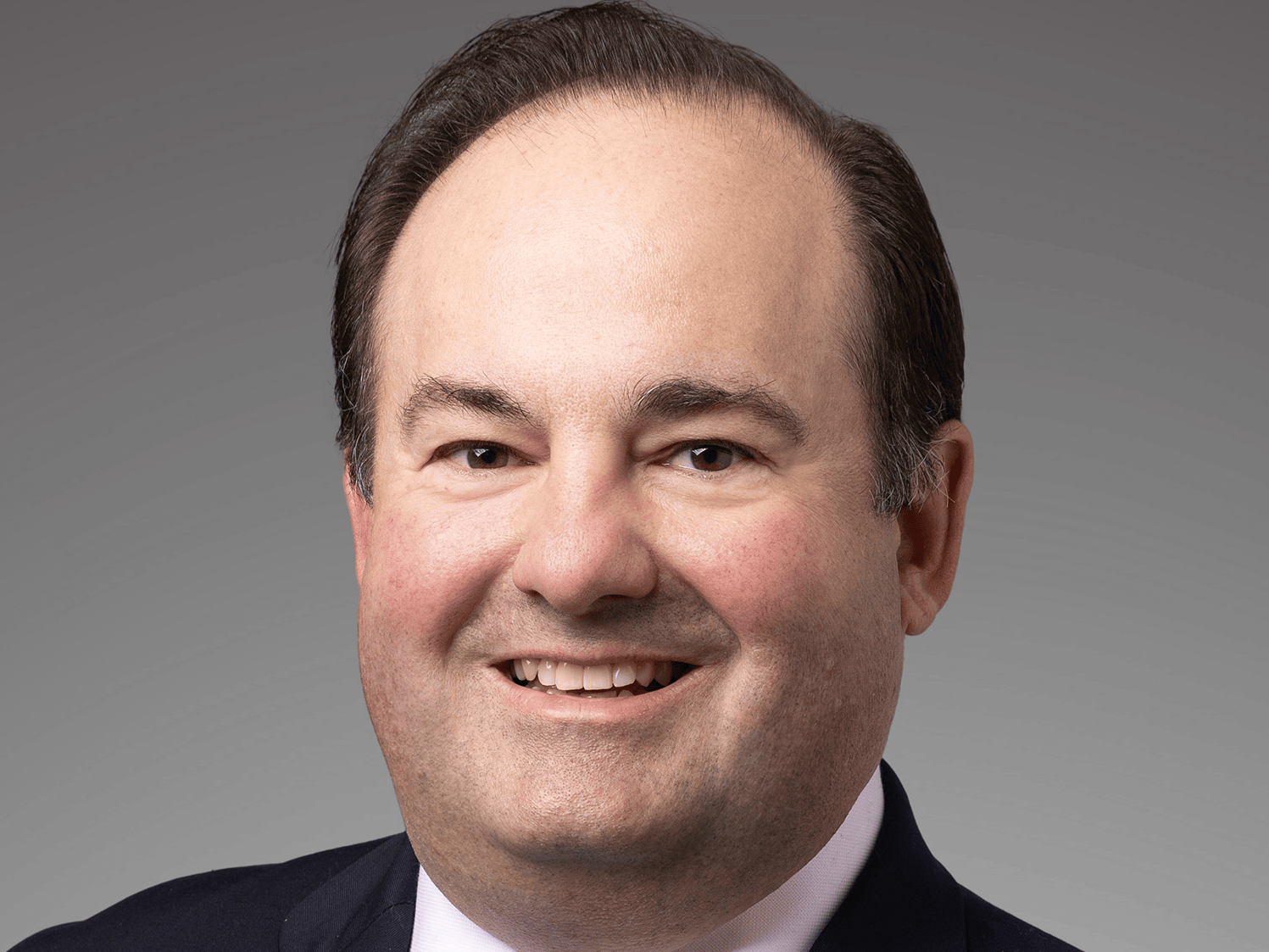The Law
Legal Spotlight

Court Rules Against FDIC in Bank Suit
The U.S. District Court for the Northern District of Georgia ruled that St. Paul Mercury Insurance Co. need not defend nor indemnify two bank executives of a failed bank.
Charles Miller supervised Trent Fricks, who was involved in loan approvals at the Community Bank & Trust of Cornelia, Ga. (CB&T). When that bank failed, the Federal Deposit Insurance Corp. took over the bank as receiver and sued both men.
The men sought a defense and indemnification from the insurer under the terms of a directors’ and officers’ liability policy. St. Paul agreed to provide the defense under a reservation of rights, and filed a lawsuit in federal court, asserting it had no duty to defend or indemnify.
The FDIC argued otherwise. It said that the D&O policy “insured vs. insured” exclusion that barred coverage, except for a few instances, for any claims “brought or maintained by or on behalf of any insured or company in any capacity” did not apply.
Such an exclusion, it argued, was to “prevent collusive suits,” and such was not the case for the FDIC as the receiver for failed banks.
The court disagreed.
“If CB&T had sued Miller and Fricks, the exclusion would have applied to absolve Plaintiff [the insurer] from a duty to provide coverage to Miller and Fricks. As such, the exclusion applies equally to the FDIC,” according to the Aug. 19, 2013 opinion.
Scorecard: Indemnification could have cost millions in fines, and defending such a case could take years and an outlay of substantial sums.
Takeaway: Whether other courts will follow in this reasoning, the decision is good news for insurers who have been on the hook for many failed banks following the financial crisis.
Insurer Wins Right to Void Policy
Catlin, a part of the Lloyd’s syndicate, was able to legally void its insurance policy with San Juan Towing & Marine Services (SJT) because the company over-valued and misrepresented the condition of a floating drydock called the Perseverance, according to the U.S. District Court for the District of Puerto Rico.
 “This ruling upholds the notion that regardless of whether it is the result of an honest mistake, carelessness, negligence or fraud, failure to inform underwriters about the true value or the condition of an insured property justifies an insurer’s decision to rescind a policy and negate coverage,” said James W. Carbin, a partner with Duane Morris, who represented Catlin.
“This ruling upholds the notion that regardless of whether it is the result of an honest mistake, carelessness, negligence or fraud, failure to inform underwriters about the true value or the condition of an insured property justifies an insurer’s decision to rescind a policy and negate coverage,” said James W. Carbin, a partner with Duane Morris, who represented Catlin.
SJT purchased the drydock in 2006 for $1.05 million, and began its attempt to sell it for $1.35 million in February 2010.
The price was later dropped to $800,000. SJT agreed to sell it for $700,000, but it sank before the sale was consummated. At the time, the drydock was insured for $1.75 million, under a policy finalized while the drydock was offered for sale at $800,000.
Neither the broker nor Catlin ever asked about the condition or selling price of the drydock, although both knew it was for sale and was nonoperational at the time. In actuality, the drydock was riddled with cracks, broken bulkheads, holes, barnacles and corrosion, according to court documents.
In accordance with the maritime doctrine of uberrimae fidei, a Latin phrase meaning “utmost good faith,” the court ruled: “When the insured fails to disclose to the insurer all circumstances known to it and unknown to the insurer, which materially affect the risk, the policy is voidable at the option of the innocent party.”
Scorecard: Catlin was not responsible for the any losses resulting from the sinking of the Perseverance drydock, which was valued at about $800,000.
Takeaway: Insureds must fully and candidly disclose to underwriters the risks they seek to insure, as failure to do so may result in the policy being voided.
Insurer Settles ‘Three Cups’ Lawsuit
Philadelphia Indemnity Insurance Co. agreed to pay $1.2 million to a charity that found fame, and later controversy, when its co-founder — Greg Mortenson, the author of Three Cups of Tea — was accused of fabrication and fraud, according to published reports.
Mortenson’s books profiled his initial efforts to build a school in a small village in Northern Pakistan after villagers helped him following a mountain-climbing expedition. He eventually co-founded the Central Asia Institute (CAI), which has as its mission to build schools in Pakistan and Afghanistan to promote peace through literacy and education.
A report by 60 Minutes and an expose by fellow mountain climber Jon Krakauer questioned the truthfulness of Mortenson’s accounts and alleged misappropriation of charitable funds. That led to an investigation — and a $1 million settlement in April 2012 — with the Montana Attorney General’s (AG) office as well as a class-action lawsuit filed by purchasers of his books, which was ultimately dismissed.
 About six months after being informed of the litigation, Philadelphia Indemnity rejected any responsibility to pay CAI and Mortenson for the costs to hire counsel or defend themselves — with the exception of agreeing to pay 100 percent of the defense costs incurred by CAI in the AG matter, according to a lawsuit filed by CAI against the insurer. CAI and Mortenson ultimately paid about $1.8 million in legal fees, according to published reports.
About six months after being informed of the litigation, Philadelphia Indemnity rejected any responsibility to pay CAI and Mortenson for the costs to hire counsel or defend themselves — with the exception of agreeing to pay 100 percent of the defense costs incurred by CAI in the AG matter, according to a lawsuit filed by CAI against the insurer. CAI and Mortenson ultimately paid about $1.8 million in legal fees, according to published reports.
The insurer, which contended the allegations against Mortenson didn’t fall within the coverage, had proposed allocating payments for percentages of the defense costs of the class-action lawsuit and AG investigation. CAI argued that such an allocation was contrary to Montana law.
Scorecard: Philadelphia Indemnity Insurance Co. agreed to pay $1.2 million to settle legal costs resulting from a lawsuit and investigation into a charity.
Takeaway: The claims against CAI and Mortenson were “inextricably intertwined,” as CAI contended in its litigation, and thus, a claim for coverage against one was inseparable from the other.
Policyholders Protected From Gaps
Farmers Mutual Fire Insurance Co. filed suit against the N.J. Property-Liability Insurance Guaranty Association to require the Association to pay the environmental clean-up costs that should have been paid by an insolvent insurer, Newark Insurance Co.
Until 2002, two residential properties were covered under a $300,000 homeowner’s policy issued by Newark. After Newark became insolvent, Farmers insured the two properties for a maximum limit of $500,000. Soon after, it was discovered that the two properties were affected by soil and groundwater contamination by a fuel oil leak from an underground tank.
Farmers paid all remediation costs, $112,165 to one family and $25, 958 to another, although there was no dispute that the contamination began when the properties were insured by Newark. Farmers sought reimbursement of a share of the costs from the Guaranty Association, which takes over claims of insolvent insurers. A lower court approved the reimbursement, after which Farmers and the Association agreed, pending appeal, that the Association would pay 81 percent of the costs for one property and 84 percent on the other, while Farmers would pay the remainder.
The appeals court reversed the lower-court decision.
“According to the panel, only after a solvent insurer on the risk has exhausted its policy limits to cover the liability is the Guaranty Association ‘required to disburse statutory benefits to protect the insured,’ ” according to the state Supreme Court decision upholding the appeals court’s ruling.
The Guaranty Association is designed “to protect insureds not insurers,” according to the court.
Scorecard: Farmers Mutual was responsible for the entire remediation cost of $138,123.
Takeaway: Insurers in New Jersey will not be able to depend on the state’s insolvency association for reimbursement of claim payouts.










